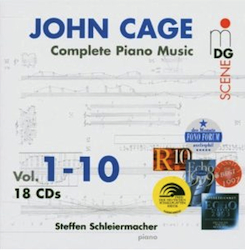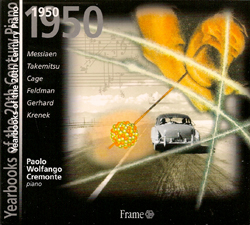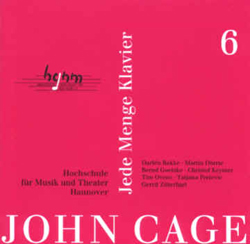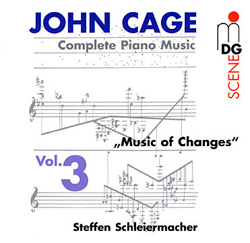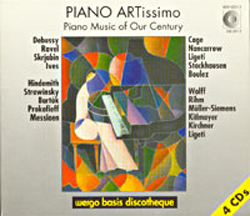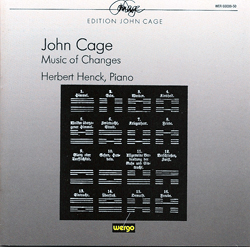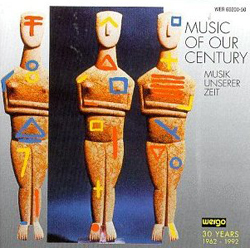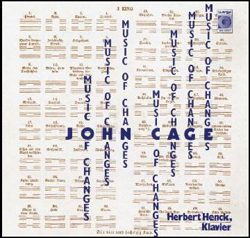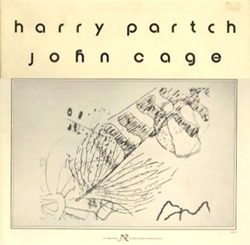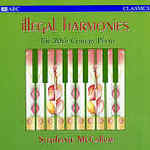| ← Back to Works Index | |||
|
Work Title Music of Changes |
|||
|
Date Composed in 1951. Premiered in New York, January 1, 1952. |
|
Ensemble Type Solo |
|
Work Length 43 minutes |
|
Instrumentation For solo piano. |
|
Comments Complete in 4 volumes. The title Music of Changes is variously meaningful, the first, of course, being reference to the Chinese oracle book the I Ching, or Book of Changes, of which Cage made extensive use in composing the piece. Another, more personal, reference is perhaps seen in the changes taking place in Cage's overall compositional language at the time. For this work, Cage employed I Ching-derived chance operations to create charts for the various parameters, i.e. tempi, dynamics, sounds and silences, durations, and superimpositions. With these charts, he was able to create a composition with a very conventional manner of notation, with staves and bars, where everything is notated in full detail. The piano is played not only by using the keys, but also by plucking the strings with fingernails, slamming the keyboard lid, playing cymbal beaters on the strings, striking the keyboard lid, etc. Use of the pedals is also notated in full detail. The notation is proportional, where 1 inch equals a quarter note. The rhythmic structure is 3, 5, 6 3/4, 6 3/4, 5, 3 1/8, and is expressed in changing tempi, including the use of accelerandi and ritards. This work may be seen as the first step of Cage's voyage into the world of chance composition. For Cage, this was a necessary first step in the giving up of individual taste and memory, as well as other previously meaningful traditions in the making of art. This development, in part, came as a result of his encounter and informal studies with Gita Sarabhai (Indian philosophy) and attendance at the lectures of Daisetz T. Suzuki (Zen Buddhism) in the late 1940s and into early 1950s. However, chance here only applies to the process of composition. The actual result, or composition, that derived by these means, along with the performance, are fixed and determined, things which Cage would also later abandon in subsequent compositions. |
|
Dedicatee(s) David Tudor |
|
Publication Peters Edition EP 6256, EP 6257, EP 6258, EP 6259 (4 volumes) |
